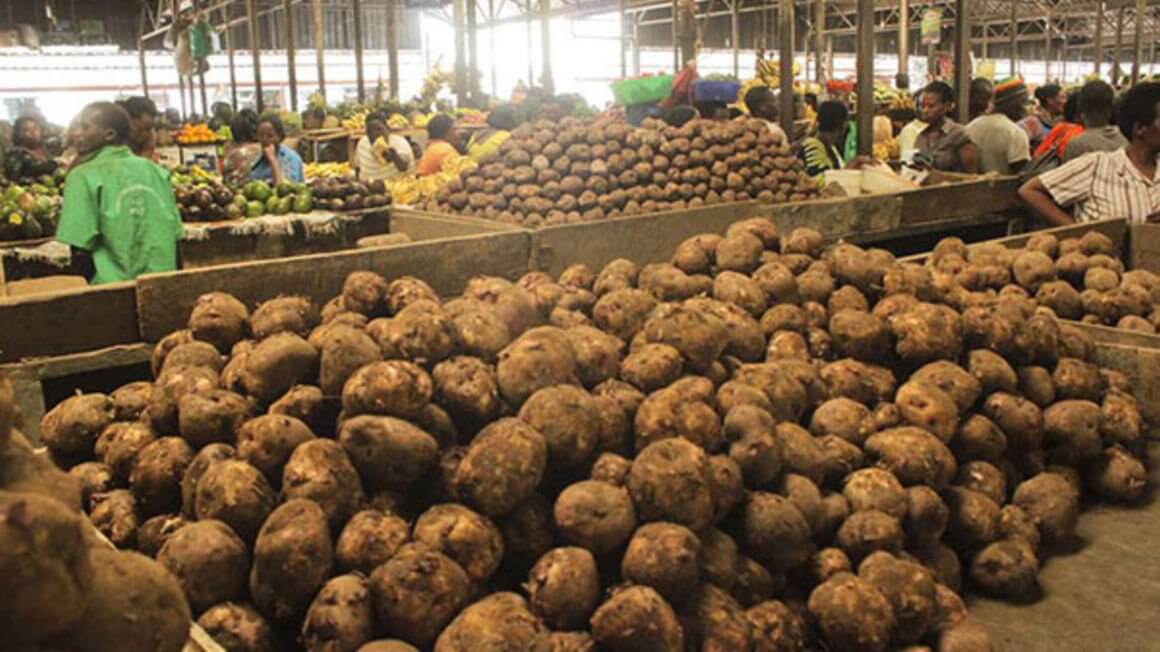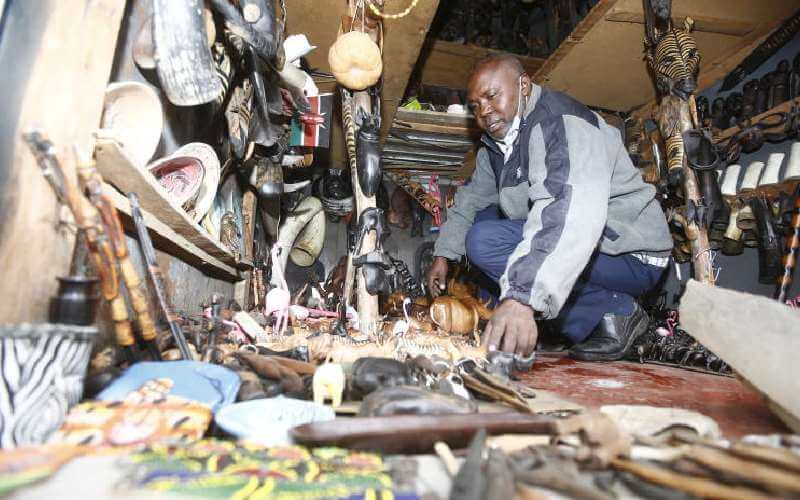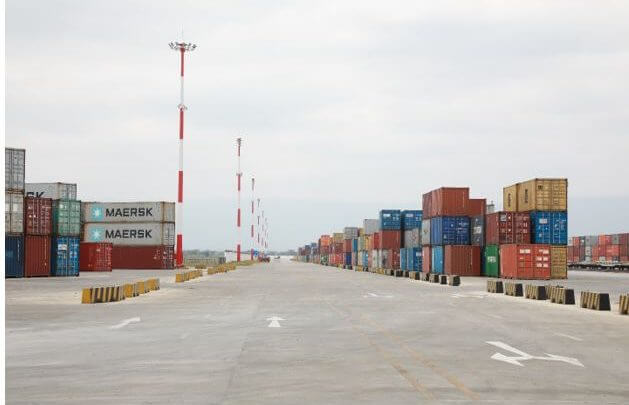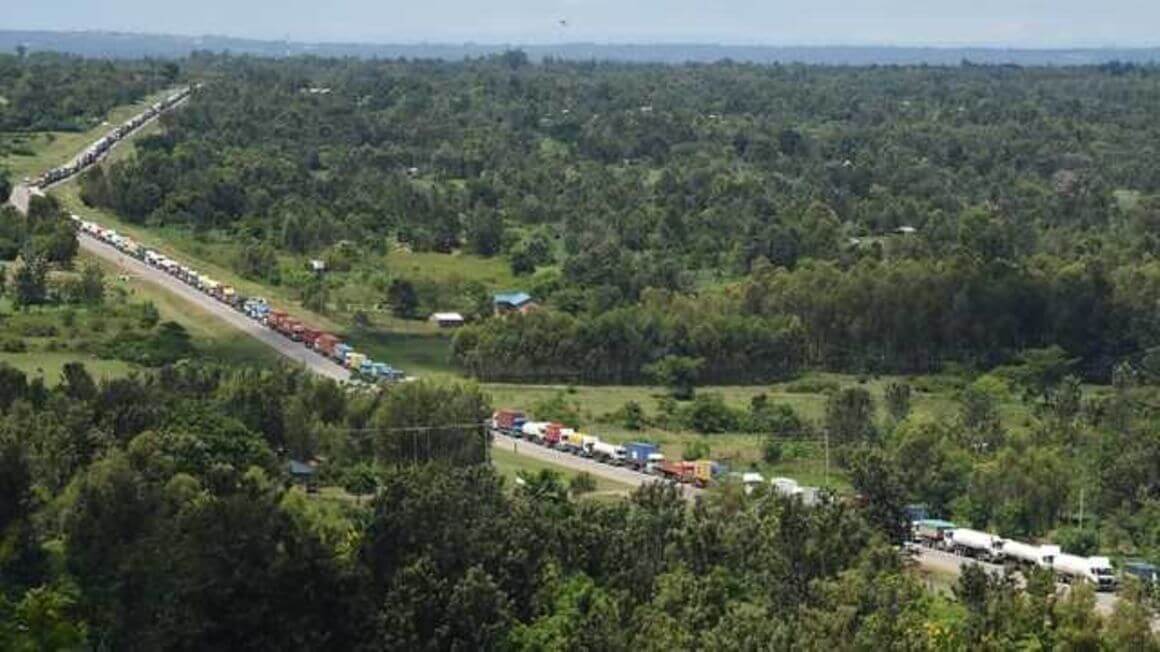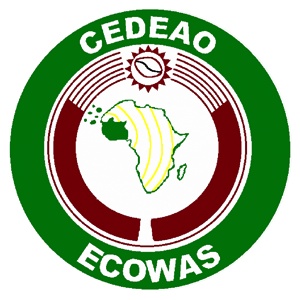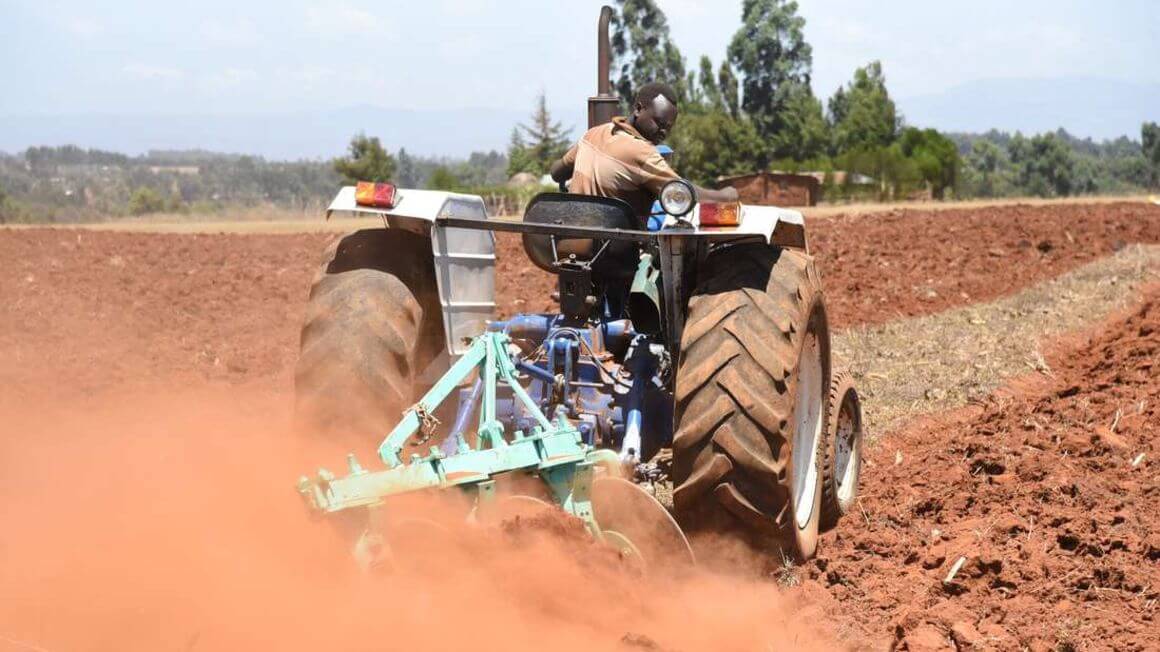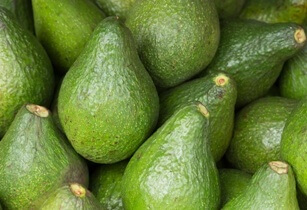SUMMARY The survey finds that social media platforms are powerful catalysts in the formation and growth of new small- and medium-sized businesses. More SMBs have increased the use of social media and online messaging during the Covid-19 pandemic to communicate with customers, operate remotely, raise capital and make sales. Social media platforms are accelerating economic growth and opportunity across the continent, a new study by Genesis Analytics has shown. The independent study aimed at exploring the impact of the digital economy on small- and medium-sized businesses (SMBs) was conducted in eight African countries – Kenya, Senegal, Côte d’Ivoire, DR Congo, South Africa, Nigeria, Ghana and Mauritius. The survey explored the adoption and use of social media and messaging platforms; value to SMBs; barriers to usage; and the impact of the Covid-19 pandemic. The focus was on the Facebook company technologies, being Facebook app, Instagram, Whatsapp and Messenger. The report shows that surveyed SMBs that use the Facebook apps have younger employees with an average share of 45 percent of employees under 30. Additionally, SMBs using Facebook apps reported a higher frequency of being owned by women, while SMBs in the manufacturing sector ranked the ability to access new foreign markets as the most beneficial advantage of the apps. The survey finds that social media platforms are powerful catalysts in the formation and growth of new SMBs. Some 73 percent of surveyed SMBs report using social media. Of the surveyed SMBs that use the Facebook apps, 84 percent report that the...
How social media is powering Africa’s small businesses
Posted on: September 13, 2021
Posted on: September 13, 2021


